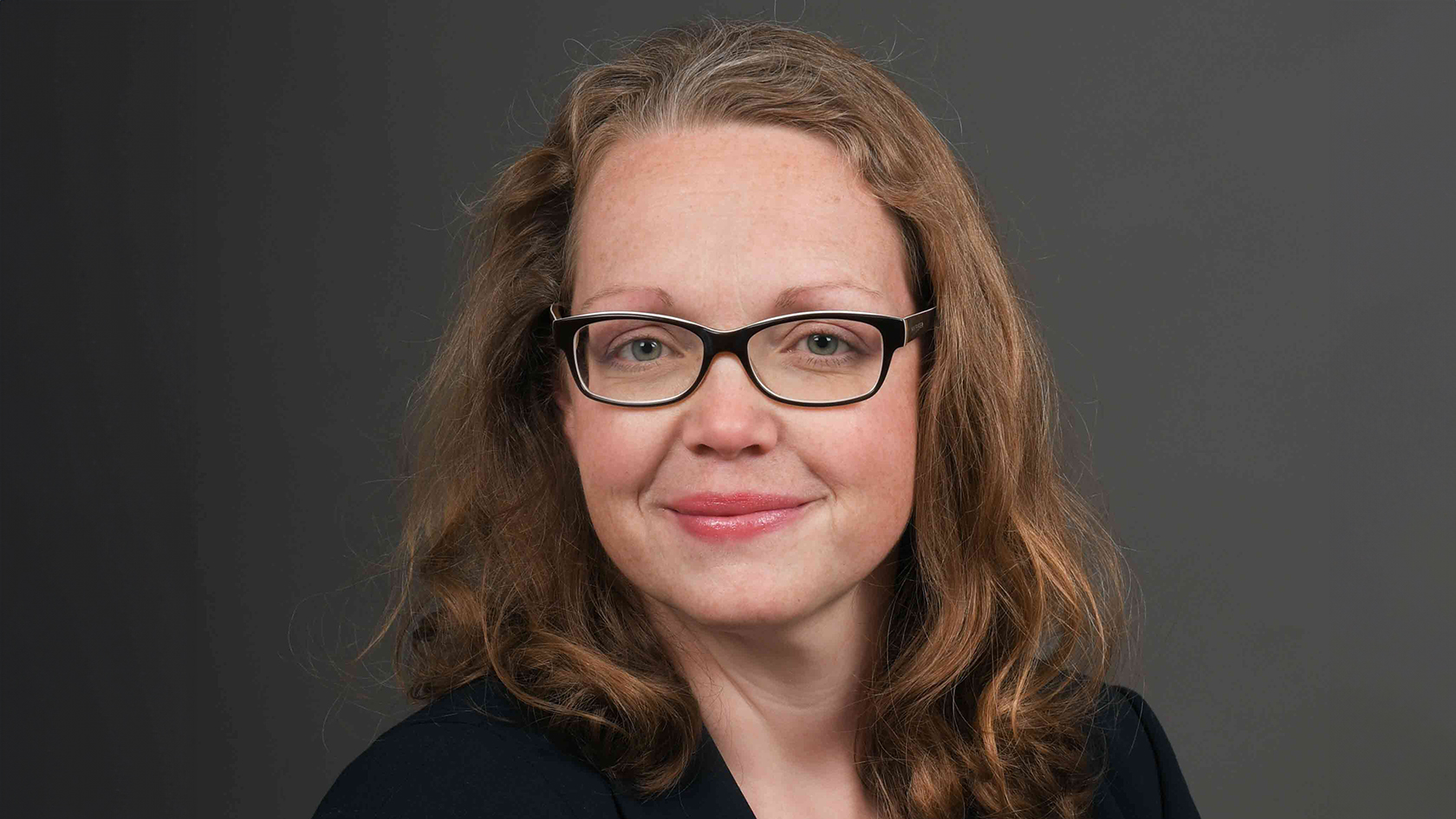Strengthening Ties with Japan

Melanie Generali has been interested in the field of stem cells since she started her Master’s program in 2012. These cells, often described as biological all-rounders, have the amazing ability to differentiate into any type of tissue and are considered saviors in regenerative medicine. Back in 2012, there was a real buzz as Japanese scientist Shinya Yamanaka from Kyoto University had just been awarded the Nobel Prize for his innovative and revolutionary method to obtain these cells. In the meantime, Generali has fulfilled her research dream, and she now heads the Core Facility for the isolation of stem cells at UZH’s Institute for Regenerative Medicine (IREM). As an expert with various links to Japan, she and her team also organized the symposium on stem cells taking place in the main UZH building on 4 and 5 April. The event will bring together the leading researchers from Zurich and Kyoto to discuss the latest research findings. A public lecture with speakers including Simon Hoerstrup, professor of cellular biology and regeneration at UZH and IREM director, and Jun Takahashi, professor of neurobiology at Kyoto University and director of the CiRA, is likely to appeal to a broader audience.
Close cooperation with Japan
“The symposium reflects the close cooperation with Japan in several ways,” explains Melanie Generali. First, it is taking place on the 160th anniversary of the start of diplomatic relations between Switzerland and Japan. Second, it will consolidate the strategic partnership with Kyoto University, which was signed by the executive boards of both universities in Japan in 2020 and covers several research fields (see box). Third, it continues the regular dialogue between the two universities in the area of stem cell research.
This partnership between the IREM, UZH and the CiRA (the Center for iPS Cell Research and Application at Kyoto University) began in 2017. It was initiated by IREM Director Simon Hoerstrup and Christoph Hock, then vice president for medicine. The CiRA is the brainchild of stem cell star Shinya Yamanaka, as the institute’s work is based on his Nobel Prize-winning method. In the early 2000s, Yamanaka succeeded in reprogramming skin cells back to an embryo-like state by adding four genetic factors. These reprogrammed cells, which can be subsequently differentiated back into any type of cell, are referred to by experts as induced pluripotent stem cells, or iPSCs. This method eliminates the need to isolate stem cells from embryos, therefore overcoming one of the biggest ethical obstacles in this research field. At the same time, it allows stem cells to be cultivated that are compatible with a patient’s tissue.
Collaboration with the CiRA
Generali’s career path is closely linked to Kyoto University and the CiRA. After completing her Master’s degree at UZH, the cellular biologist successfully applied for a doctoral place in Simon Hoerstrup’s research group. Her work involved researching the development of muscle and endothelial cells from stem cells isolated from blood cells using the Yamanaka method. Just as Generali completed her doctoral thesis, Hoerstrup was launching the partnership with the CiRA at Kyoto University. In 2018, Hoerstrup tasked Generali with stepping up collaboration with the CiRA – a job that the talented scientist was delighted to accept.
The symposium reflects the close cooperation with Japan in several ways
Generali had two children while working as a researcher at the IREM, but that didn’t stop her investing a great deal of energy in cultivating dialogue and launching joint projects with her colleagues from Japan. Beaming, she recounts how she was able to work on a line of stem cells at CiRA that had been isolated by Shinya Yamanaka himself. For outsiders, it’s hard to understand that the highly technical work carried out in clean rooms involving microscopic stem cells not only requires precision and loyalty to protocol, but also intuition and flair. “I can see from looking at cells whether they’re vital or not,” says the UZH scientist.
Socially, too, she managed very well in Japan, although she doesn’t speak any Japanese. She says she found some truth in the stereotype of Japanese people being quite introverted, but she also found them very friendly and helpful. “I can highly recommend the country for research trips,” says Generali, who regularly spends time in Japan. She had planned a longer stay in Japan with her family a few years ago, but the Covid pandemic put paid to that.
Like a third baby
Melanie Generali’s research focuses on the replacement of diseased blood vessels and heart muscle cells. The long-term goal is to replace dead tissue in patients who have suffered heart attacks with tissue from stem cells. She says that while this goal is gradually getting closer, clinical application is still a long way off. Over the past three years, the UZH researcher has been busy developing the iPSC Core Facility alongside her research. “The Core Facility is my third baby,” she laughs. The lab works as a service center that produces specialized iPSCs on behalf of researchers at UZH and other institutions. “In this way, my team and I can utilize and pass on our experience and expertise,” she says. The facility’s services are in demand, as many researchers from various fields work with these cells. And still, more than 10 years after Yamanaka won the Nobel Prize for his breakthrough research, induced pluripotent stem cells continue to fascinate.